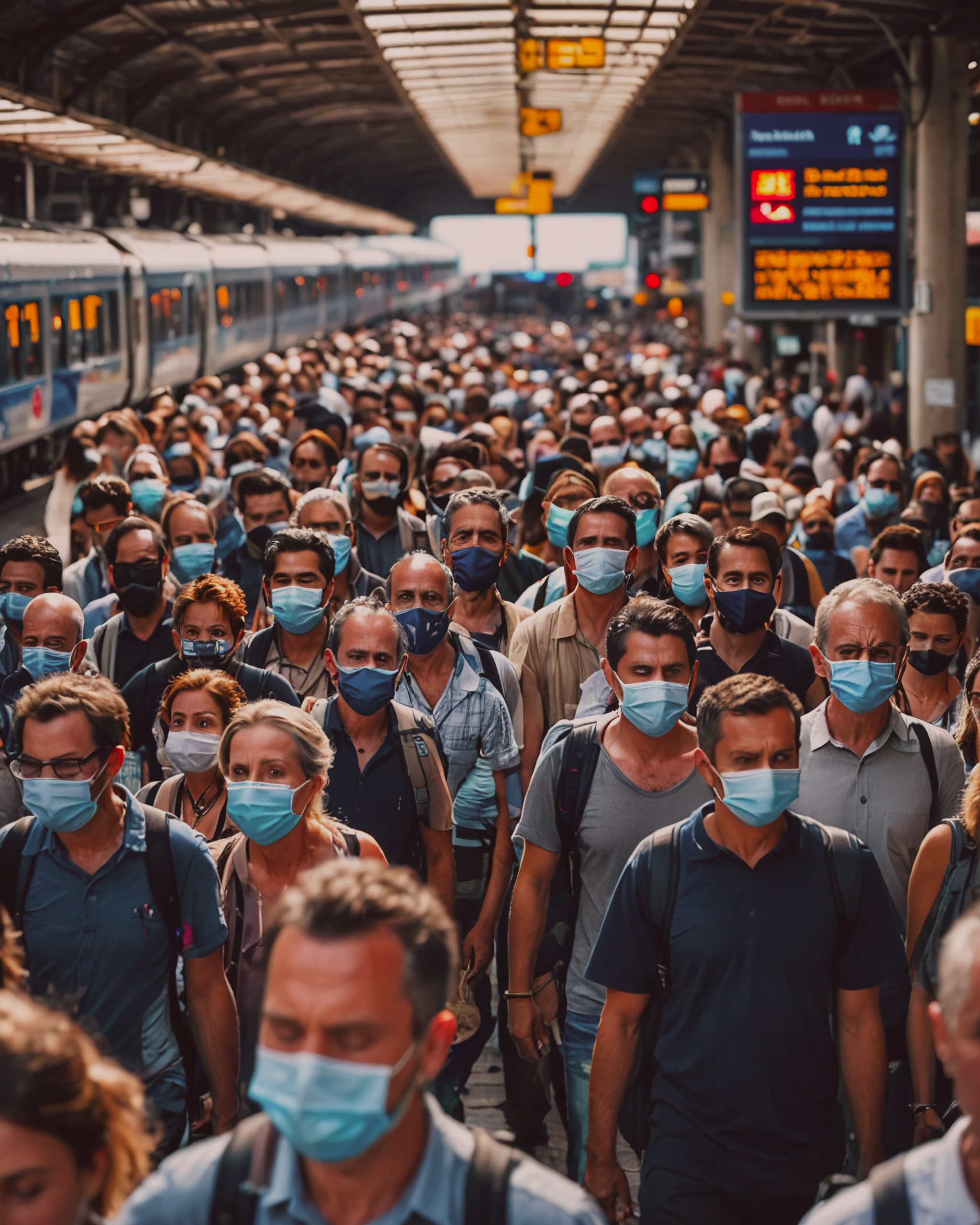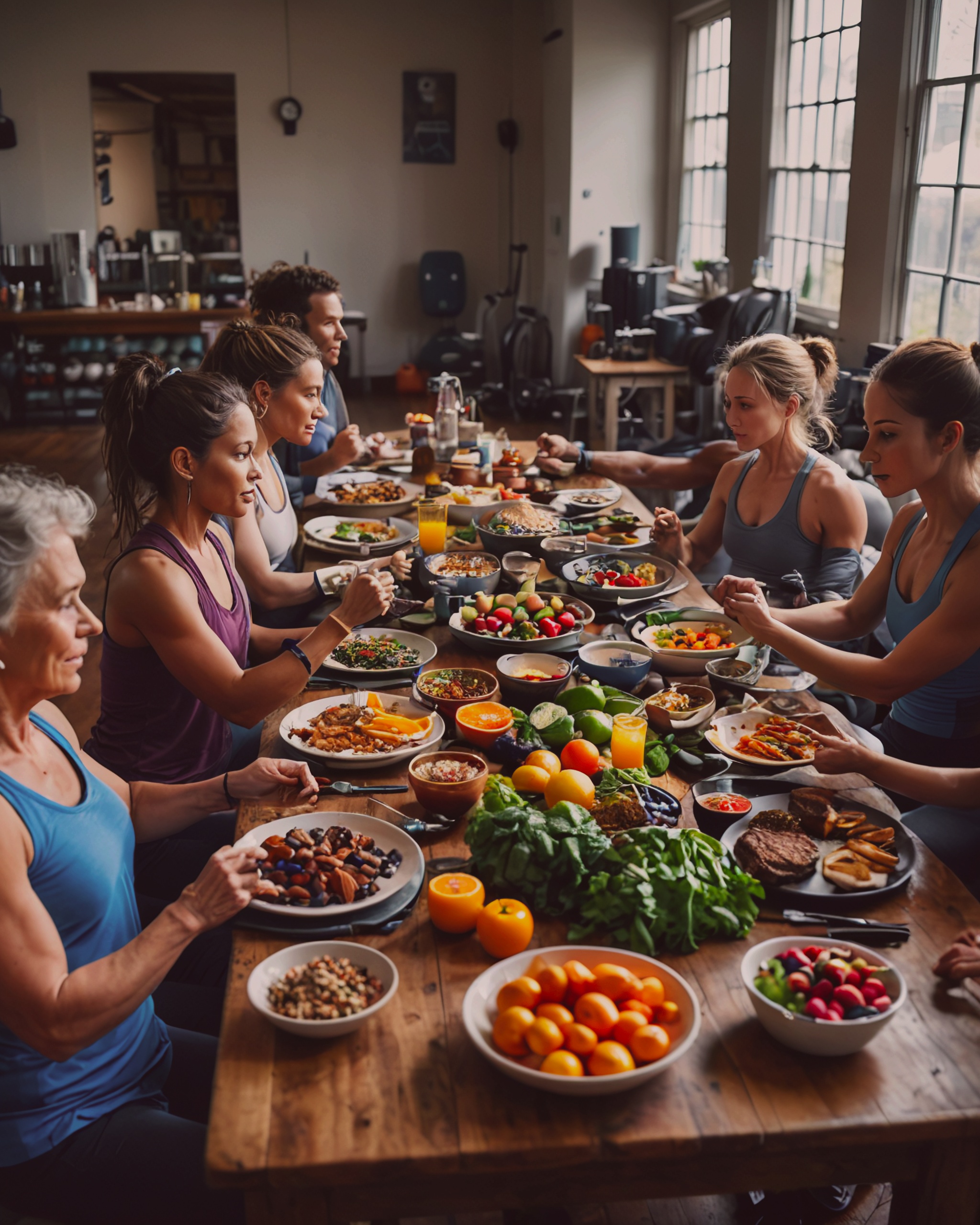Covid-19 Cases Rising in the United States
Covid-19 cases are on the rise again in the United States. According to the US Centers for Disease Control and Prevention (CDC), emergency department visits related to Covid-19 have been increasing for several weeks. The latest data shows a 23.5% increase in Covid-19 emergency visits during the week ending July 6 compared to the previous week. Additionally, the CDC reports high levels of Covid-19 viral activity in wastewater nationally as of July 6.
Covid-19 in Social Circles and Public Figures
This trend is evident in my social circle as well. Two friends contracted Covid-19 while traveling this month, and we’ve seen an uptick in public figures testing positive, including second gentleman Doug Emhoff. Major sporting events like the Tour de France have also been affected, with riders being diagnosed.
Understanding Summer Surge
Given this summer surge, it’s essential to reassess our understanding of Covid-19’s spread. Why is this wave occurring, and should we be concerned about getting infected again? What steps can we take to reduce the risk of infection while maintaining our daily activities? How does travel impact our risk? Should we get vaccinated now or wait for an updated vaccine? Do current tests still work? And what should we do if we test positive for Covid-19? To address these questions, I consulted wellness expert Dr. Leana Wen, an emergency physician and clinical associate professor at George Washington University, and former Baltimore health commissioner.
Should We Be Worried About the Current Covid-19 Surge?
Dr. Leana Wen: Based on CDC data, we are experiencing a summer wave of Covid-19 infections. This pattern isn’t surprising as we’ve seen multiple infection waves each year since the pandemic began, including peaks in summer. Increased travel and indoor gatherings due to hot weather likely contribute to this rise.
Concern about Covid-19 infection should depend on individual medical circumstances. Those who should be particularly cautious include older adults, immunocompromised individuals, and people with multiple underlying health conditions. They should ensure they are up-to-date with vaccines, have a plan for accessing antiviral treatments, and consider additional precautions like masking in crowded indoor spaces and favoring outdoor gatherings.
How Can People Reduce Their Infection Risk While Living Normally?
Dr. Wen: Many people have resumed their pre-pandemic activities and view Covid-19 as another respiratory virus—they prefer not to get infected but also don’t want to stop socializing or attending events. The risk calculation will vary based on personal and medical circumstances.
One strategy is to minimize exposure before visiting vulnerable family or friends. For about a week before the visit, avoid indoor gatherings and wear masks on public transport and in crowded spaces. Taking a rapid test just before the visit can also reduce the risk of infecting a vulnerable person.
Are Home Tests Still Effective for Diagnosing Covid-19?
Dr. Wen: Rapid antigen home tests are less accurate than laboratory PCR tests but are a convenient screening tool for Covid-19. Symptomatic individuals who might need antiviral treatment should use a rapid test. If the result is initially negative, retest the next day to confirm. Remember, these tests only detect Covid-19; other respiratory viruses can also cause symptoms. Stay away from vulnerable people if you have symptoms, even if you test negative for Covid-19.
How Can You Reduce Risk While Traveling?
Dr. Wen: In crowded, poorly ventilated spaces, consider wearing an N95 or equivalent mask, such as while boarding planes or on crowded trains. Opt for outdoor dining when possible. Bring rapid tests with you and have a plan for what to do if you contract Covid-19, including how to access antiviral treatments if eligible and where to stay. Travel insurance can help cover medical care and unexpected costs if plans change.
Should You Get the Covid-19 Vaccine Now or Wait for the Updated One?
Dr. Wen: A new Covid-19 vaccine formulation is expected to be available by September, possibly as early as August. The CDC recommends that everyone aged 6 months and older receive this vaccine once available. Since the new vaccine is imminent, it’s reasonable to wait for it as it should better target currently circulating variants and be more effective against strains expected in the fall and winter.
The primary purpose of the vaccine is to reduce the risk of severe illness, hospitalization, and death. While it also reduces infection rates, this protection wanes quickly. Those needing extra protection should take additional precautions.
What Should You Do If You Get Infected ?
Dr. Wen: The CDC recently updated its guidelines, removing the five-day isolation requirement. Now, those diagnosed with Covid-19 should stay home until they are fever-free for at least 24 hours and their symptoms are improving. For the next five days, they should mask and limit close contact with others.
If you live with someone extremely vulnerable, such as an older parent with a kidney transplant, avoid contact until you test negative. This means not dining indoors with them and not sharing common spaces.
The key takeaway is that while many can continue their lives during this summer wave, those vulnerable to severe illness should still take extra precautions. Those around them should also take measures to protect those at highest risk.



